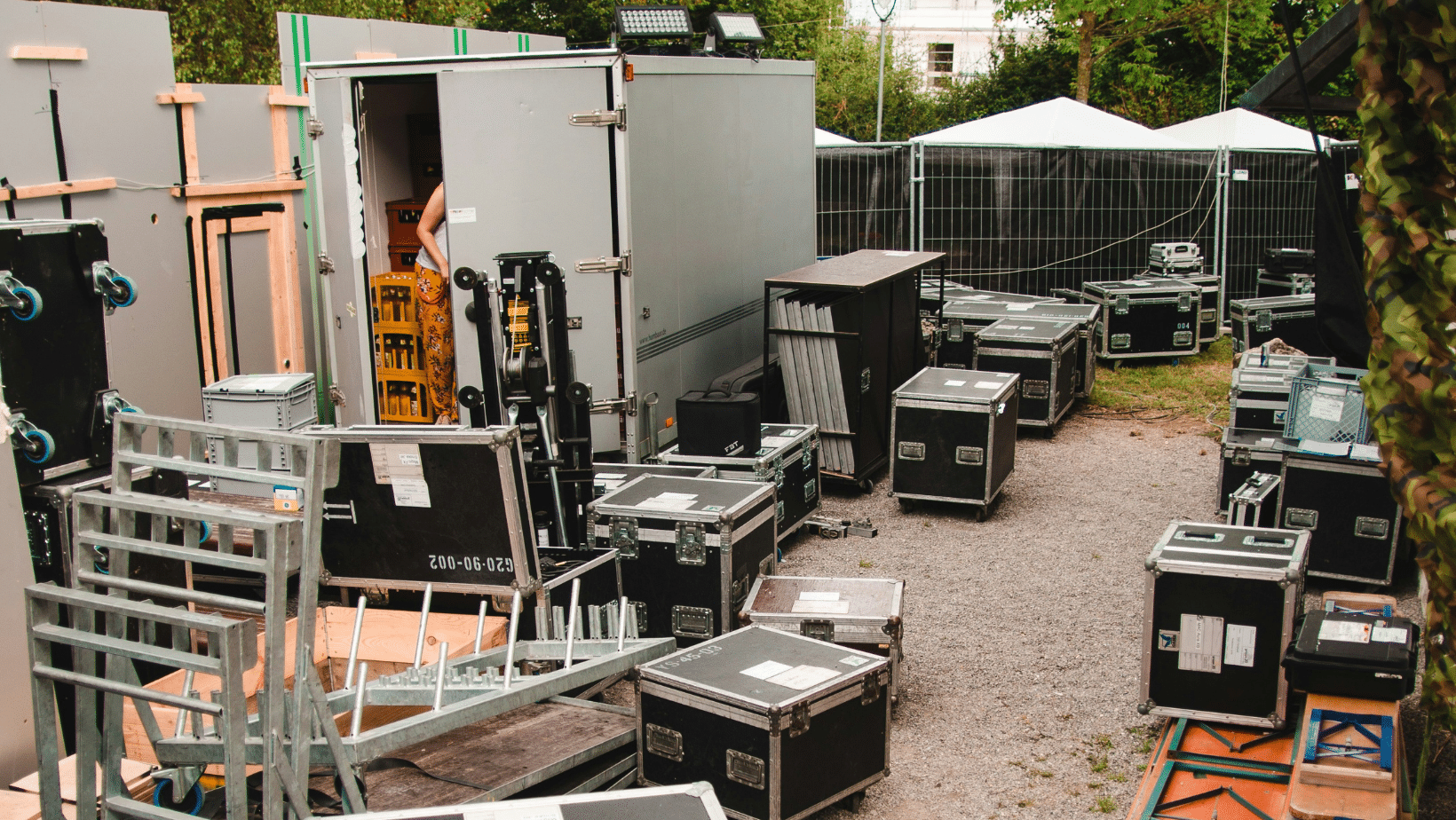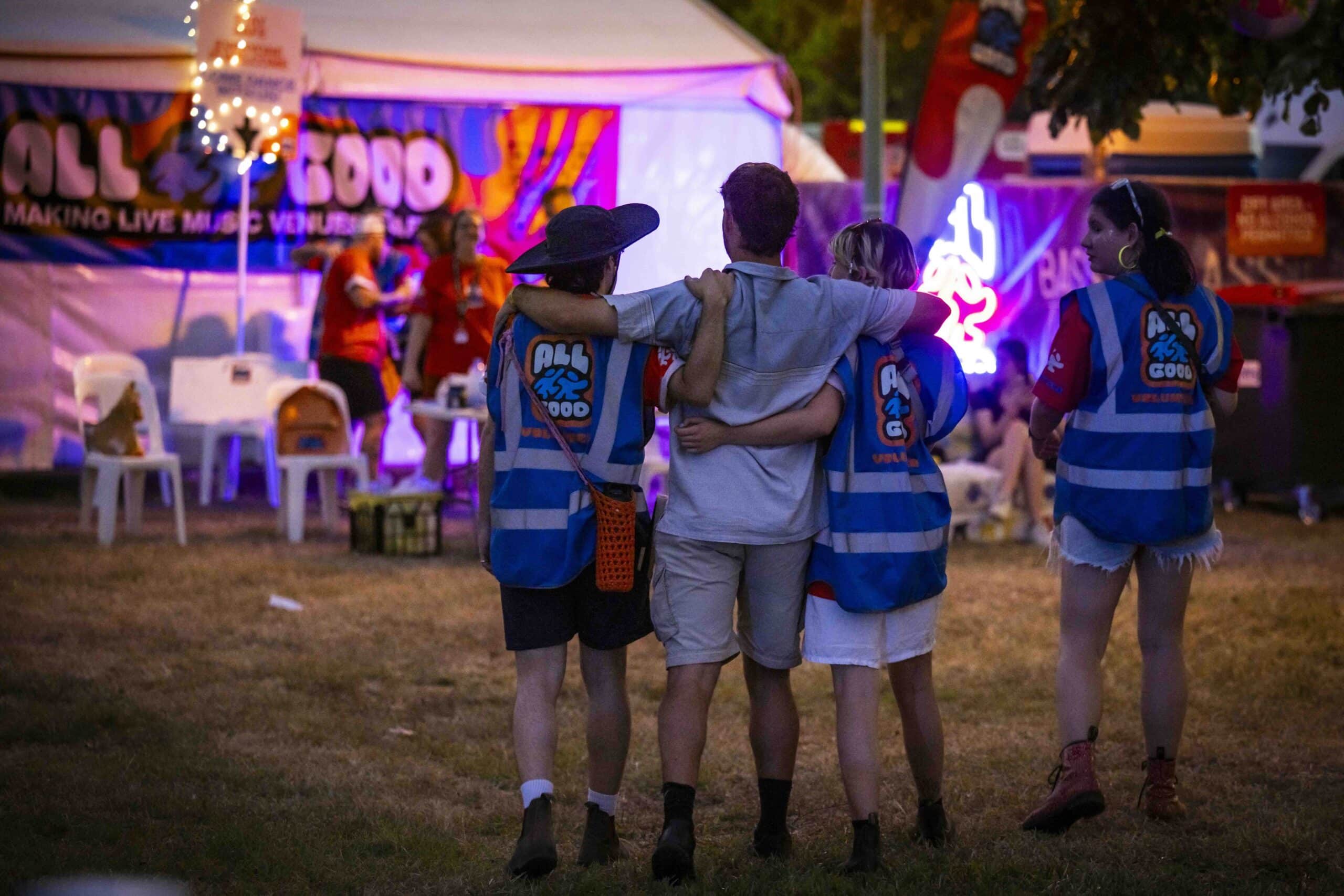The escalating situation in the Middle East is impacting all of us as we watch the images on media and social media. People in Australia and around the world are experiencing an extremely distressing and traumatic time as they fear for their families and loved ones.
Conflicts like these are large-scale traumatic events that severely impact those directly involved, their families as well as those around the world who are watching the events. The impact and loss of life is extreme.
Australia is a country of migrants, for some this conflict may be triggering a trauma response. Some people may relive their traumatic experiences and memories. Vicarious trauma is experienced when we are triggered by listening and watching the events which elicits memories and emotions of our own events experienced.
Signs of a traumatic stress response including vicarious trauma:
- Easily startled, jumpy, nervy
- On guard – vigilant most of the time
- Easily irritable, less patient, angry
- Trouble concentrating
- Withdrawing from others, avoiding social events
- Feeling numb or zoning out
- Trouble sleeping
- Feelings of guilt, fear, or grief
- Intrusive images or thoughts, flashbacks and/or nightmares
What can help?
- Acknowledge you are having physical or emotional reactions. Tell someone, a mate, friend, partner or manager, someone you trust.
- Keep to your normal routine as much as possible. Eat healthy, regular meals and keep to your usual sleep routine. This can be hard when you are worrying about family. Routines help us keep going and allow us to feel in control of something when there’s a lot we cannot control.
- Avoid media and social media – extreme opinions and emotions are being expressed online and impacting our mental health. While social media can be a source of information and connection, it can also intensify stress and anxiety. We encourage you to engage mindfully. Set a time to catch up once a day for one hour. Media can be a trigger so avoid scrolling. Images are distressing and increase feelings of helplessness. Monitor your children’s access to social media.
- Identify triggers – when is it worse? At night? Does a sound, smell or noise remind you or trigger a reaction? What can you do? Use controlled breathing, grounding exercises or meditation to reconnect with the present moment. This can calm down your adrenalin and gives you some space from your thoughts.
- Exercise is a great help. It releases the feel-good endorphins. Go for a run, walk before or after work, go to the gym, run with the kids/dog.
- Sleep – Sleep is important and may be disturbed. Implement sleep hygiene such as switching off all devices and taking time to wind down before bed. Keep the room cool and aerated. If you wake up, try not to get anxious about it. You may benefit from getting out of bed and having a drink of water before trying to go back to bed. Don’t clock watch or use your phone.
- Connect – connect with those going through similar experiences.
- Purpose – we feel powerless and helpless when we cannot help those we love. Try to find things to get involved in, donate, become involved in community events.
Our Wellbeing Helpline is a free service available on 1800 959 500 if you would like to chat with an experienced counsellor about anything on your mind. The counsellors who staff the Helpline are experienced and equipped to talk about these issues and how they are impacting you.
You don’t have to be in a crisis to call the Helpline, so if you would like to have a chat about how these events overseas are affecting your wellbeing, please don’t hesitate to give us a call.


